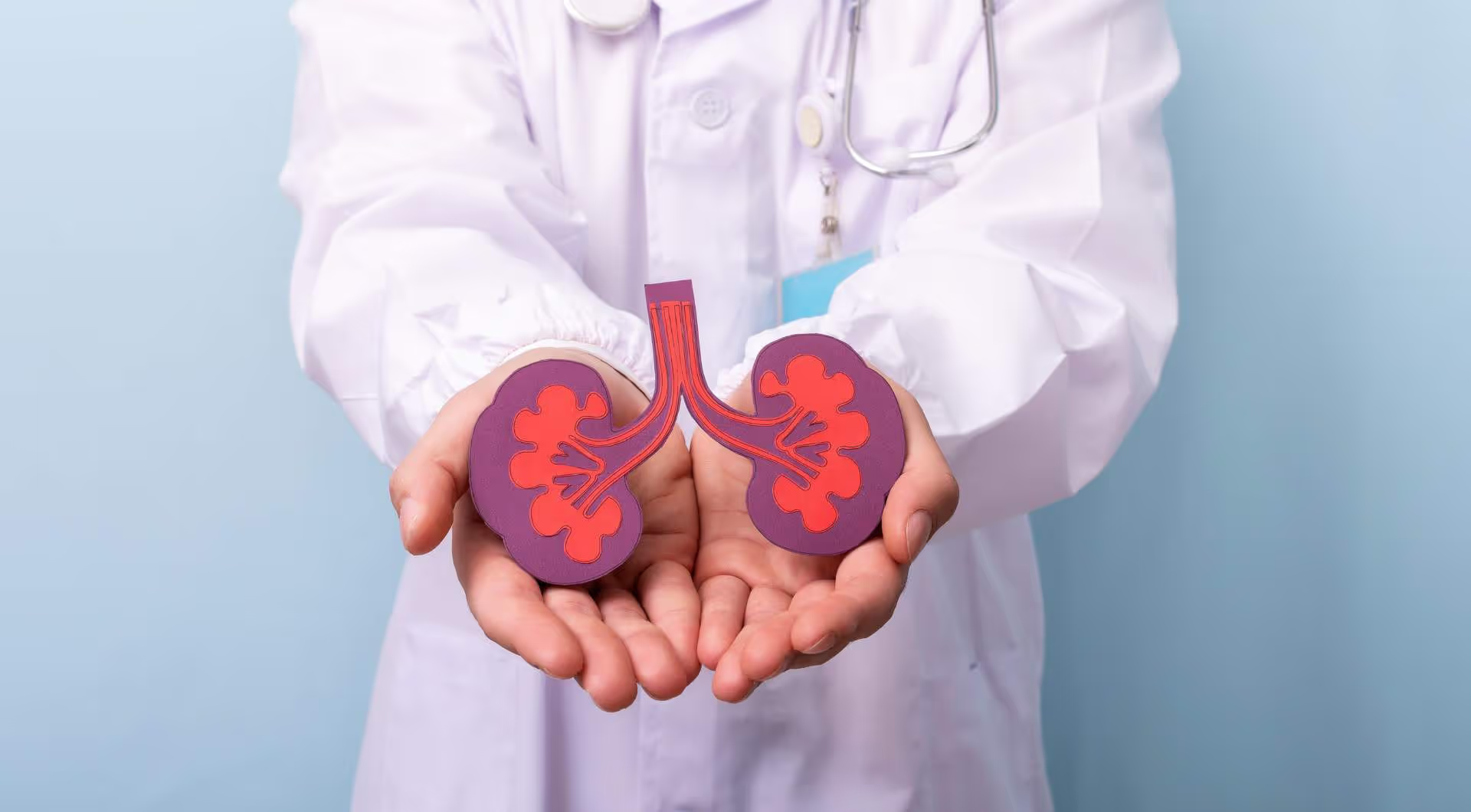Urinating Blood After Drinking Alcohol: Unraveling the Connection Between Alcohol and Blood in the Urine

You’ve just come home from a night on the town, and you go to use the restroom. Much to your shock and dismay, you notice blood in your urine.
Seeing blood in your urine, especially after drinking alcohol, can be scary and confusing — and always deserves proper attention.
From dehydration to kidney issues to underlying medical conditions, we guide you through what you need to know about how alcohol can contribute to finding blood in your urine and how to take control of your health.
Table of Contents
- Can Drinking Alcohol Cause Blood in the Urine?
- What Is Hematuria?
- 4 Ways Alcohol May Contribute to Hematuria
- Commonly Asked Questions About Alcohol and Blood in the Urine
- Dove Recovery: Luxury Outpatient Alcohol Treatment Programs in Columbus, OH
Long story short, yes, alcohol can be a contributing factor to blood in your urine. While alcohol itself does not directly cause blood to show up in your urine, long-term alcohol use can cause damage to your bodily systems that can result in blood in your urine.
Even though this can be scary, rest assured that seeking treatment for alcohol use disorder can help reverse the physical effects of excessive alcohol consumption. Dove Recovery is here to help support you through alcohol rehab treatment so you can lead a healthy life.

Hematuria is the medical term for the presence of blood in your urine. It is categorized in two different ways:
- Gross hematuria: You can physically see the presence of blood in your urine with the naked eye.
- Microscopic hematuria: The blood in your urine can only be seen under a microscope.
In both cases, hematuria can also present with other symptoms, including:
- Pink, red, or cola-colored urine
- Urine that appears normal but contains blood when tested
- Frequent urination
- Pain or discomfort during urination
- Abdominal or back pain
- Fatigue or weakness
Hematuria is not a condition itself, but rather a symptom of another underlying issue. Various common causes of hematuria may be benign, but you should always seek medical care when you find blood in your urine to determine the exact cause.
Common Causes of Hematuria
There are many reasons why you may find blood in your urine. Some of the common causes of hematuria are:
- Urinary tract infections (UTIs)
- Kidney stones
- Bladder or kidney infections
- Enlarged prostate (in men)
- Vigorous exercise
- Trauma to the urinary tract
- Certain medications
- Underlying medical conditions
Excessive alcohol consumption can result in blood in your urine by irritating the bladder and kidneys, especially if there are underlying conditions that may trigger hematuria.
#1: Causes Dehydration
Alcohol is a diuretic, which means it contributes to the body’s production of urine. When consumed in large amounts, alcohol can cause your renal system (ureter, bladder, and kidneys) to go into overdrive. This can lead to excessive urination, causing the body to lose important fluids and electrolytes.
If you aren’t drinking enough water with alcohol, you can quickly become dehydrated, which can lead to symptoms such as hematuria.
#2: Contributes to Liver Disease
Research shows that long-term drinking, especially in excess, can lead to liver disease, such as:
- Steatotic (fatty) liver: Build-up of fat inside the liver cells, resulting in an enlarged liver
- Acute hepatitis: Sudden and severe inflammation of the liver that can result in cell death and scarring
- Cirrhosis: Scar tissue replaces healthy liver tissue, limiting the liver’s ability to function properly
When your liver is unable to function properly, it stresses your other organs (such as your kidneys), making it harder for them to function, which can lead to blood in your urine.
If treated early enough, the effects of steatotic liver and acute hepatitis can be reversible. Even though cirrhosis results in permanent scarring and isn’t reversible, it can be managed by stopping drinking altogether. Getting help through alcohol rehab treatment can help you stop drinking to heal and manage alcohol-associated liver disease.
#3: Increases Blood Pressure
When alcohol is consumed regularly and excessively, chronic high blood pressure becomes an issue. Unfortunately, high blood pressure is one of the leading causes of kidney disease.
When you have high blood pressure, the blood vessels in your kidneys constrict and weaken, making it nearly impossible to remove waste and extra fluid from your body. Fluid buildup can lead to high blood pressure, resulting in a vicious cycle between the breakdown of your heart and your kidneys.
#4: Causes Kidney Disease
Your kidneys are small, but they have many important functions in keeping you healthy, including:
- Filtering blood to remove toxins and waste
- Activating vitamin D for bone health
- Regulating bodily fluid levels
- Controlling pH levels
- Balancing blood minerals and electrolytes
- Stabilizing blood pressure
- Releasing the hormone erythropoietin (EPO) that regulates red blood cells
When you drink alcohol, you more than double your risk of developing kidney diseases that inhibit your kidneys’ ability to do what they’re supposed to do. The strain that chronic alcohol consumption has on your kidneys is often made noticeable by seeing blood in your urine.

What Are the First Signs of Kidney Damage From Alcohol?
The first signs of kidney damage from alcohol vary from person to person. However, some common symptoms to keep an eye out for are:
- Fatigue
- Frequent urination
- Swelling in the legs or feet
- High blood pressure
- Changes in urine color or volume
- Nausea
- Difficulty concentrating
- Lower back pain (associated with kidney damage)
Early signs can be subtle and often may be written off as other illnesses or isolated conditions. However, early intervention can be life-saving when it comes to kidney damage.
Is It an Emergency if I See Blood in My Urine After Drinking?
It can be. Seeing blood in your urine after drinking can be your body’s way of letting you know there is something seriously wrong and should not be ignored. There may be several reasons why blood is showing up in your urine, such as UTIs, kidney stones, injury, kidney inflammation, or cancer, all of which can be worsened by alcohol.
While it may not always be an immediate emergency, it is important to get evaluated by a medical professional promptly to rule out serious conditions.
Will My Kidneys Heal if I Stop Consuming Alcohol?
There are instances where your kidneys can recover from acute kidney injury caused by alcohol consumption. However, sometimes the damage is too severe for healing, and unfortunately, there’s no way to tell when that line will be crossed.
The only surefire way to give your kidneys a fighting chance at healing is to stop drinking altogether as soon as possible.
Seeking rehabilitation and therapy for alcohol addiction is the best way to support your long-term sobriety, to give your kidneys a chance to heal themselves before it’s too late.

If you or a loved one realizes your drinking has taken a toll on your health, it’s not too late to get help.
Dove Recovery offers several therapy options to treat your alcohol addiction at different flexibility levels. We provide:
- Structured intensive outpatient program (IOP)
- Partial hospitalization program (PHP)
- Outpatient program (OP)
Our treatments include compassionate, comprehensive care to address your physical, mental, and emotional requirements to lead a healthy and fulfilling life in recovery.
Contact us today to learn more and take the first step towards the life you deserve.

